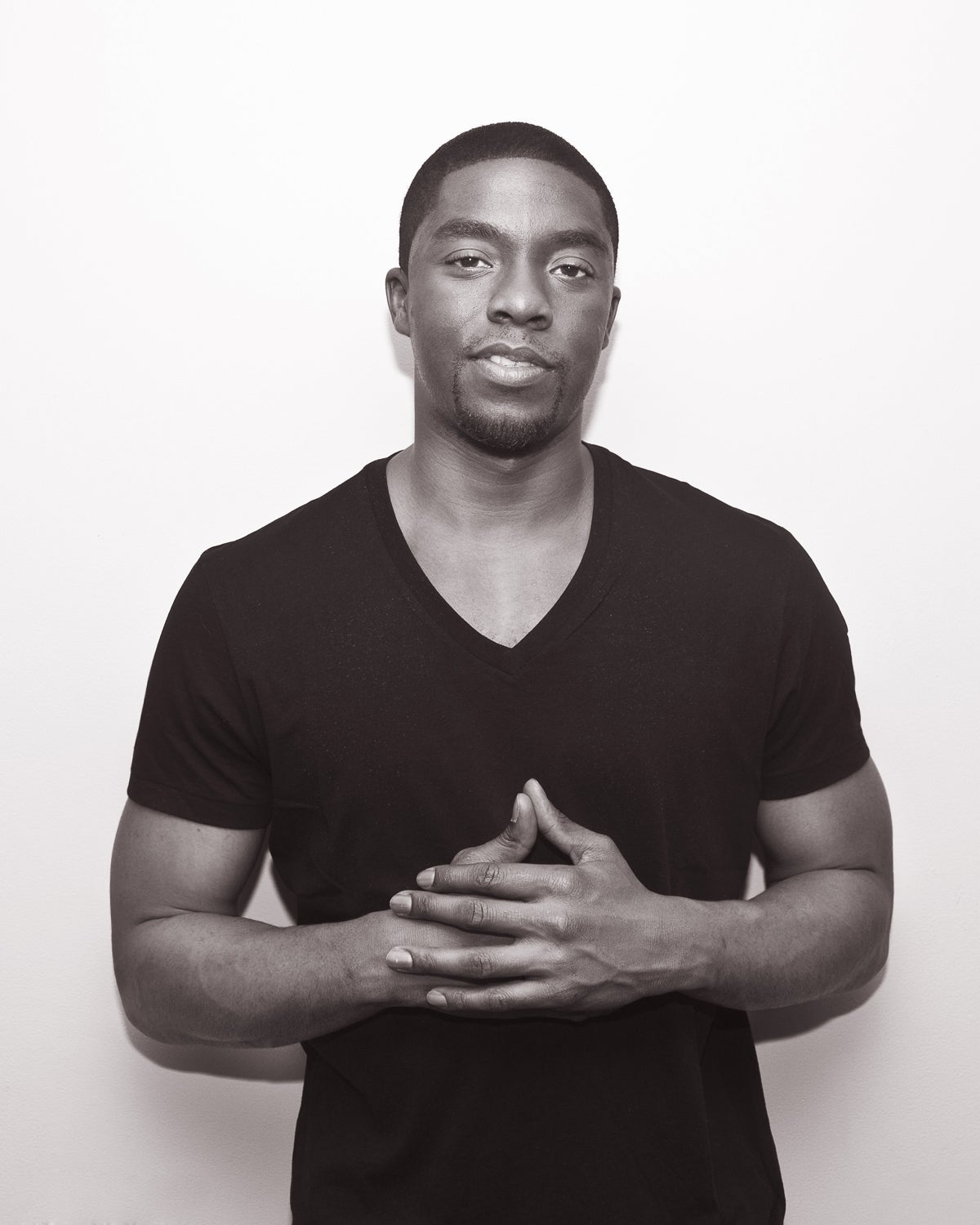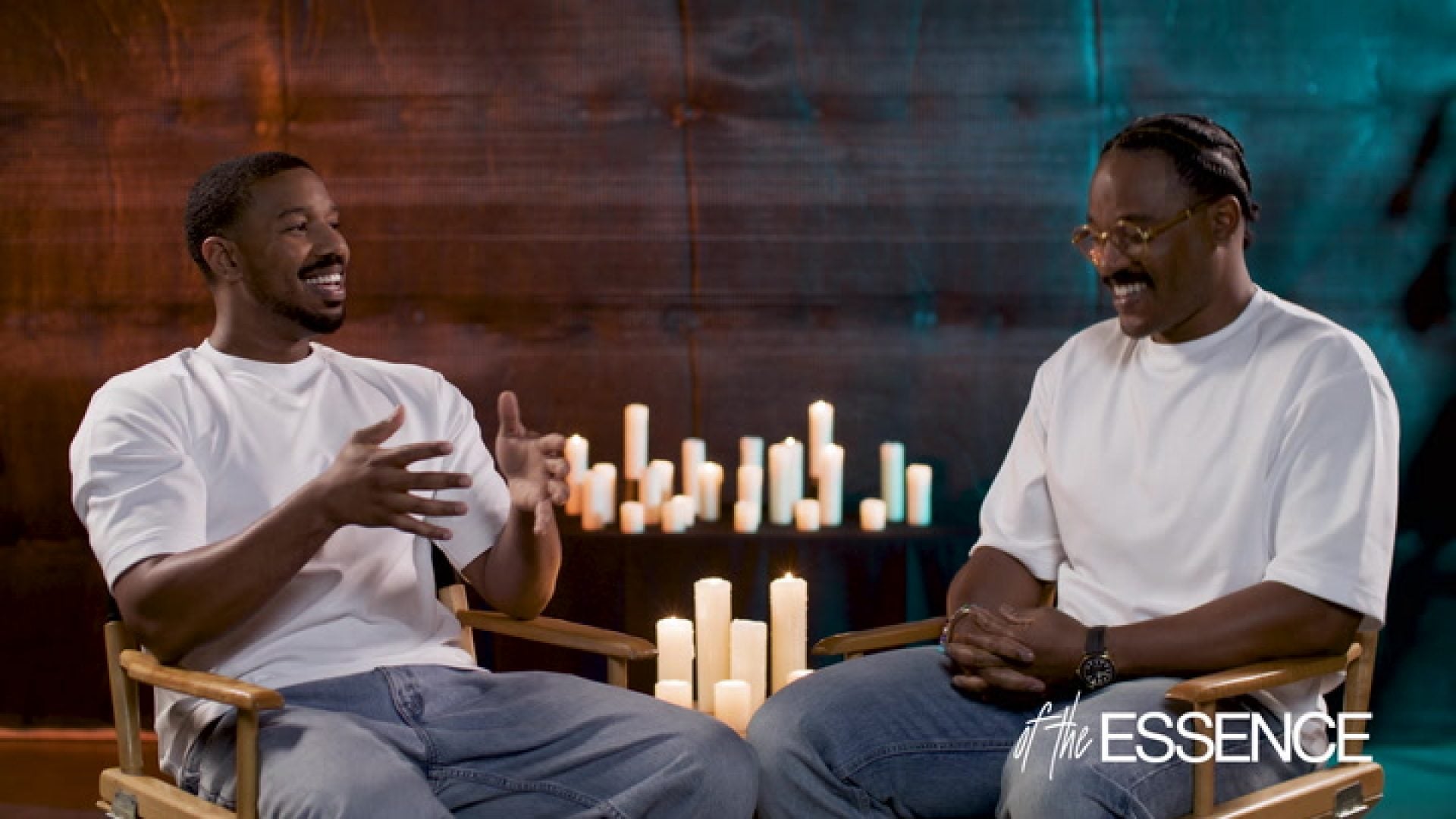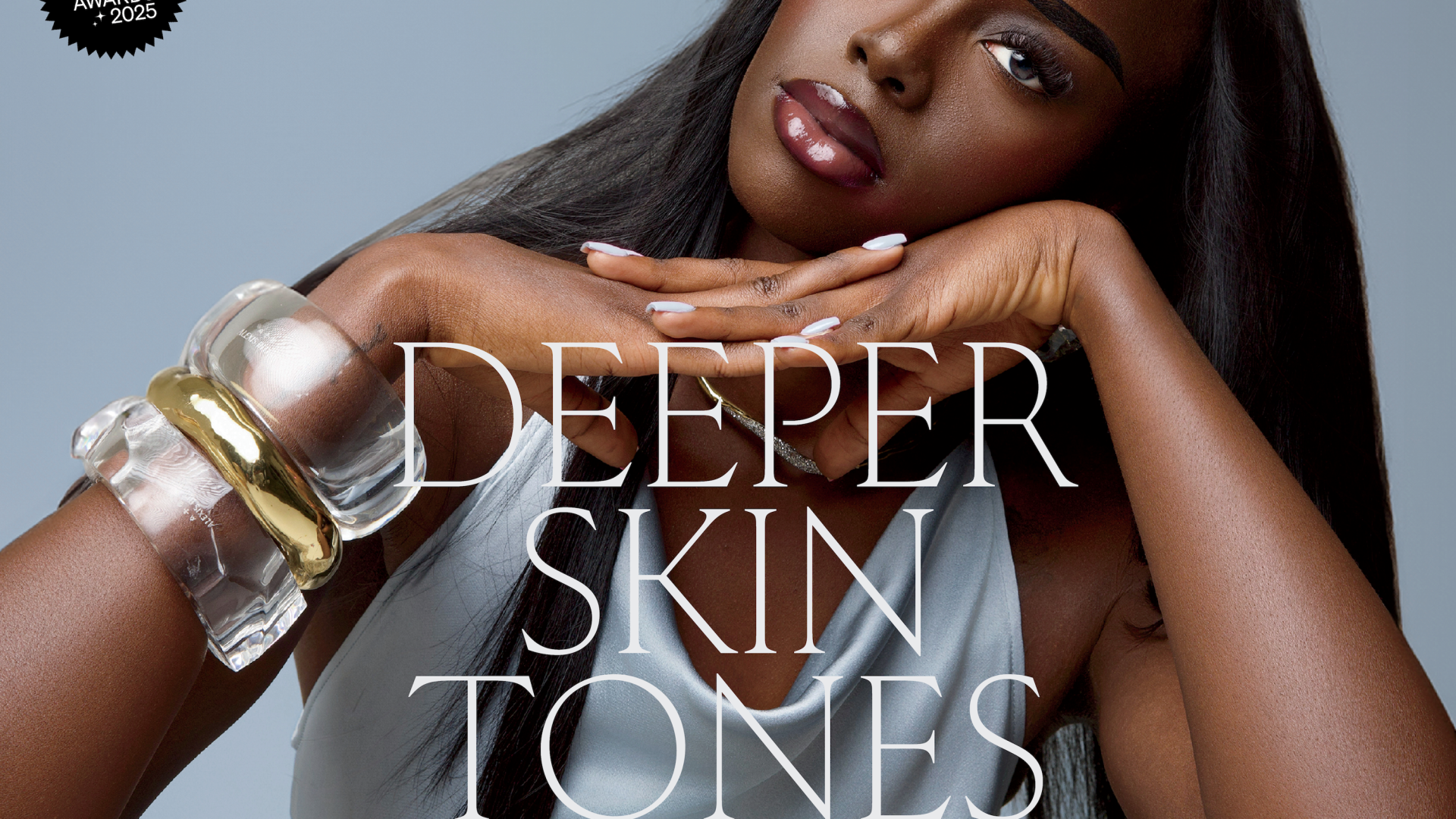
This article was originally published in November 2016.
The May 2016 release of Marvel’s Captain America: Civil War film saw actor Chadwick Boseman give the world a taste of what’s to come in the highly-anticipated follow up film, Black Panther, which is currently currently slated for release in 2018.
While the Black Panther debut is still pretty far off, it turns out Boseman’s lead character has much in common with a real-life superhero of sorts who made quite the impact on 2016: 49ers quarterback Colin Kapernick
We caught up with Chadwick Boseman to get his thoughts on introducing audiences to his character T’Challa (aka Black Panther) in Captain America: Civil War, continuing the story with his lead in Black Panther and how his iconic character is similar to the real-life superheroes of today who are fighting to spread awareness about social injustice in the Black community.
While Civil War purposely didn’t delve too deep into exactly who T’Challa is in an effort to use the mystery of the character to the advantage of the forthcoming Black Panther film, Boseman did have a few things he wanted to make sure were brought to life in a way that was as authentic to the original comic as possible.
“One thing was that I wanted this character to speak with an African accent instead of a European accent,” he told ESSENCE. “That was one of the discussions at one point–that he could have been educated some other place–but I was basically like, there’s no way it would be anything but. He’s clearly African and [the nation of] Wakanda hasn’t been conquered or colonized, so there’s no reason for me to speak with a European accent. It just wouldn’t have made sense.”
Speaking on how T’Challa’s disposition as Marvel’s first Black superhero bears similarities to the strength and resilience present among leaders in the Black community in today’s society, Boseman referenced how Kaepernick has used his platform to take a stand — much like T’Challa does in both films.
“For instance, Colin Kaepernick and other NFL players taking a stance,” he continued. “It’s actually funny to me that that is a problem for some people, because it’s their given right to respond to the anthem.”
The South Carolina native also recalled taking a similar stance of his own back in his days as a middle school student.
“I remember doing similar things even when I was in junior high school. You know, they used to play the national anthem or, we were supposed to say the pledge of allegiance. I remember a point in time where I had just read The Autobiography of Malcolm X and I was like, ‘I don’t feel like doing that today.’ It’s your right to do that or not do that. But, you also have to be ready to receive the scrutiny if you do choose to do that because it is going to come from some people, which is the same way I would describe the situation for Black Panther.”
Subscribe to our daily newsletter for the latest in hair, beauty, style and celebrity news.
Although Boseman finds it admirable of Kaepernick and others to use their platform to advance conversations about social justice, he’s even more proud that they’ve been able to stand strong on their beliefs in the face of opposition.
“If you take the stand, you also have to be ready to absorb that scrutiny and to continue your position, or even to extended or expand your position, if you need to. So, it’s good that people are taking a stand and using their platform to do so. It’s also good that they have been strong enough to continue in it and get other people involved as well.”
Captain America: Civil War is out on DVD now, while Black Panther is slated to hit theaters in February 2018.





